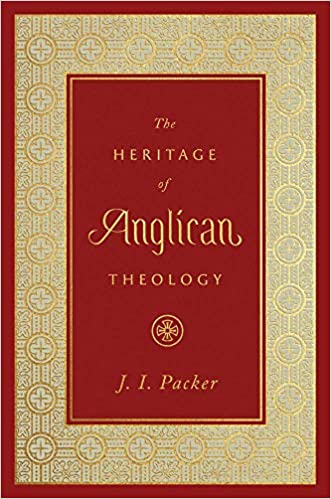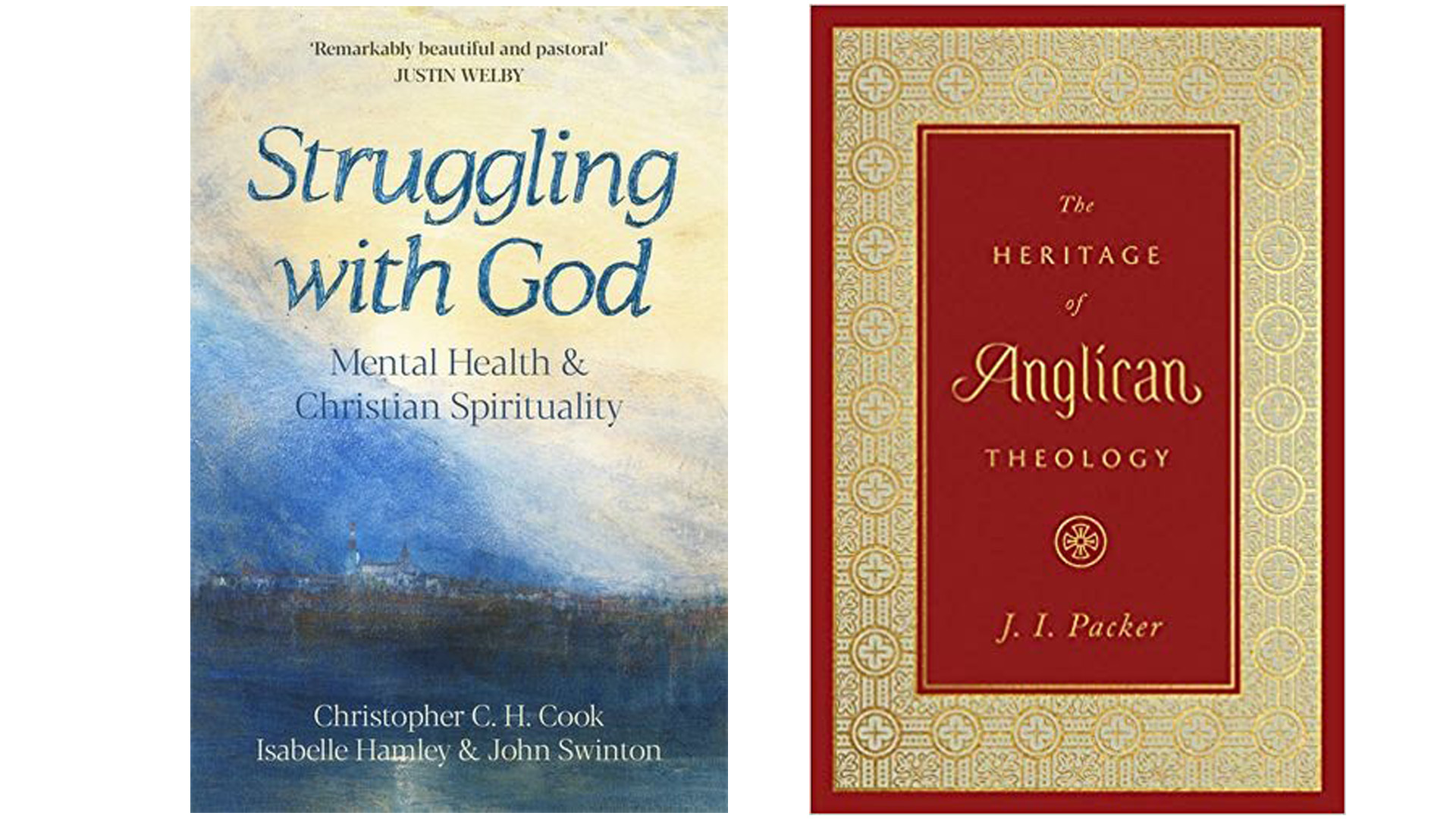I have recently read two books. One was ‘Struggling with God: Mental Health and Christian Spirituality‘ and the other is ‘The Heritage of Anglican Theology‘.
Struggling with God: Mental Health and Christian Spirituality

I am diagnosed with Schizoaffective Disorder and Autism Spectrum Disorder. I have had mental health issues for a very long time. I am also fortunate to have completed a Postgraduate Certificate in Mental Health Recovery and social inclusion (online) with the University of Hertfordshire during my struggles in the past. In the last year I joined a Church (Church of England) and am going to be baptised at it tomorrow.
As someone who has life experience of mental distress and learnt much academic theory I felt this book was written very thoughtfully to include all these specialities. The book is a Christian book that puts mental health and mental illness in the context of Christianity and the Bible. Their are insights from the Bible for conditions like depression, anxiety, bipolar, psychosis, OCD, Bipolar, PTSD etc.. The book makes good contributions using scripture and recovery narratives about stigma, disability and our struggles with faith. It makes many valid points that include those with Depression are not without faith and those with Schizophrenia are not demonically possessed. Also how congregations can be more accessible and accepting in their mission.
The book included one of my favourite verses from scripture many times:
“My grace is sufficient for you, for My strength is made perfect in weakness.”
2 Corinthians 12:8
I also like the verses that follow:
“Therefore most gladly I will rather boast in my infirmities, that the power of Christ may rest upon me. Therefore I take pleasure in infirmities, in reproaches, in needs, in persecutions, in distresses, for Christ’s sake. For when I am weak, then I am strong.”
2 Corinthians 12:9-10
It was those verses above that led me into faith and ultimately planning to be baptised tomorrow.
Well done Justin Welby (The Archbishop of Canterbury) for putting your Foreword on this book. Thank you to the authors as well.
The book made clear at the start it wasn’t including Autism or Neurodiversity. It would nice for there to be a book like this one day as well.
The Heritage of Anglican Theology

As someone who has became a more faithful Christian since 2016 and joined a Church last year I wanted to understand the history of the Church of England better. I have read much of the Bible, particularly the Pentateuch and the New Testament. I’ve also learnt some Theology from Christian Theology: An Introduction and enjoy listening to N.T. Wright speaking on YouTube.
As an Autistic I preferred to go to the more quiet traditional service at my church, where we practise the Lords Supper rather than the more modern later service on a Sunday with guitars and drums. It was clear to me there were differences by the practise of worship and perhaps as well in the faith of the people that attended these services.
The book begins by explaining that the Anglican Church can be perceived in three types:
- The Anglican Mainstream – Protestant and Reformed Evangelical thought. The reference point being the gospel as set forth in the Bible.
- Anglo-Catholic or High Church – Centered in the kingdom of Christ with the Church as it’s embodiment and thus Church centered.
- Broad Church or liberal who call themselves radical or modern or progressives. Not easy to define and often inspired by the above and contemporary society.
The book then goes back to starting with the reformation when Henry VIII split the Church from the Roman Catholic Church and explains how it developed until the mid 20th century. Such history was enlightening to me and helped me understand how some of the Theology developed as well as understand the past contentions in the Church.
As an Autistic person I struggle to infer peoples believes so this 372 page book gave me some insight into how the faith of some in my Church might be and the greater Anglican family. However, the book doesn’t go much beyond developments in the 1950’s so I may need a different book to be more up to date. It also made me appreciate more the history and tradition of the Church of England.
Overall I thought it was a good book for those interested to learn more about the Theology and history of the Church of England. Although not necessary it may help an Autistic person anxious about going to a Church of England Church that wants to understand more deeply the beliefs or culture their brothers and sisters in the church inhabit. In any case it’s not required reading to attend Church and I doubt everyone in my Church has this kind of deep understanding. My ability to understand books is my strength not people.
